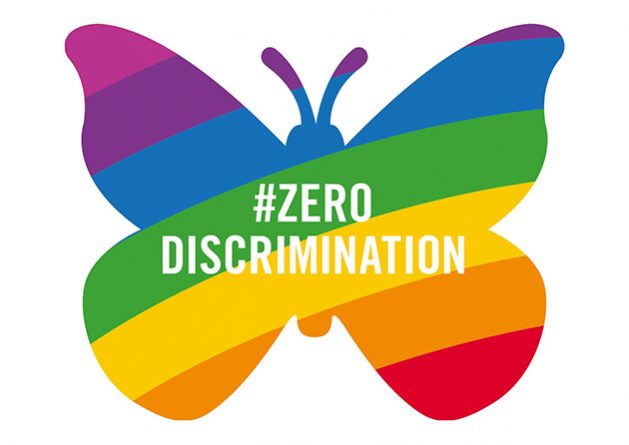Beyond Zero Discrimination: A New Social Contract for Health and Care Workers

ISLAMABAD, Pakistan, Feb 24 (IPS) - While its origins may be rooted in the discrimination faced by people living with HIV, Zero Discrimination Day has evolved to celebrate commitments to the fundamental human right of being treated equally in law and in practice.
Within the context of global health, the day is an opportunity to examine discrimination from the perspective of health and care workers, who face barriers based on their race, gender, and other socio-economic and cultural factors.
In the context of a global health workforce under siege from the threat of the great resignation in health, it is especially important to examine the impact of discrimination on health systems at global, national and local levels.
It is widely recognized that Human Resources for Health (HRH) play a crucial role in achieving Universal Health Coverage and the Sustainable Development Goals. According to the World Health Organization, there is an anticipated shortage of 10 million health care workers globally by 2030, with the greatest demand in low and lower-middle income countries where the burden of disease is higher.
In recent times, recognition of the gender pay gap in health of 24% and its impact on national and regional economy has spurred greater research into the unequal treatment of women, taking into account their specific contexts and locations. Despite efforts to address these issues, progress has been uneven.
Mounting evidence around gender inequities in the health workforce, specifically at the leadership level underscores the problem of gender bias in health decision-making. Women who make up 70% of the overall health workforce and 90% of frontline staff continue to be marginalised in leadership, occupying just one-quarter of the decision-making roles in health.
Furthermore, occupational segregation and the clustering of women into low-earning professions and settings further limit their career advancement. Their experiences in the health workforce are further compounded by various forms of discrimination, such as harassment, violence, assault and discrimination at several levels.
Gender is not the only factor at play. As health workers migrate from rural and remote areas to well-resourced urban centres, or from developing to developed countries, new forms of barriers and biases emerge in a global context where high-income nations wield most of the socio-economic power.
These include the need to undergo resource-intensive accreditation and licensing exams, encountering anti-immigrant hostility and changing patient-provider dynamics, limited options from smaller job pools, and being affected by global events and geopolitical shifts.
This “brain drain” of health workers also has negative implications for the understaffed health systems that they leave behind.
In addition to gender and migrant status, healthcare workers may also face discrimination based on their race, ethnicity, language and dialect, marital status and sexual orientation, amidst other factors. These experiences affect the health workforce in different ways, resulting in inefficiencies, demotivation and burnout at the local, national and regional levels.
Healthcare systems that fail to acknowledge and address latent discriminatory actions may unintentionally perpetuate these inequalities, further exacerbating the biased experiences of healthcare workers, despite the need for a diverse health workforce to better serve their diverse populations.
While we talk about zero discrimination, dignity, decent work, fair pay, and the importance of endorsing diversity and practising inclusion at the macro level of health systems, are we also ‘seeing’ and ‘acknowledging’ where this discrimination exists and understanding the negative consequences on health workers and population’s health? Are we collecting and analysing the data that give us the full picture?
More importantly, discrimination in healthcare settings not only violates the fundamental human right to be treated with respect and equality, but also severely limits the chances of achieving the SDGs by 2030. The 2017 UN statement succinctly framed this understanding in their call to end discrimination in healthcare settings.
Equal opportunities and experiences for health and care workers must be ensured at every stage of their career, including recruitment, promotion, growth and advancement, particularly in the post-COVID era of globalisation.
Gender and race are the primary drivers of inequality, around which most of the structural discrimination in health revolves. Therefore, policies and practices must be devised to study and address this discrimination and their underlying drivers, to fully exploit the available talent and potential of the health workforce and to ensure equitable opportunities for growth and leadership and strategically achieve UHC.
Now more than ever, it is urgent that leaders in global health take bold action by committing to a new social contract that prioritises the rights of health and care workers. This step will not only ensure a more equitable and just health workforce, but also provide better health outcomes for communities worldwide.
Roomi Aziz is Technical Lead of the Pakistan Chapter, Women in Global Health
IPS UN Bureau
Follow @IPSNewsUNBureau
Follow IPS News UN Bureau on Instagram
© Inter Press Service (2023) — All Rights Reserved. Original source: Inter Press Service
 Global Issues
Global Issues